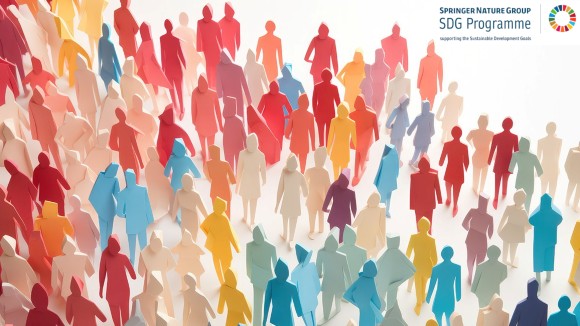Sanchayan Banerjee, PhD, FHEA, Vrije Universiteit Amsterdam, Amsterdam, The Netherlands

Dr. Sanchayan Banerjee is an Assistant Professor of Environmental and Behavioural Economics at Vrije Universiteit Amsterdam. He holds a PhD from the London School of Economics and Political Science, where he is also a visiting fellow in the department of Pyschological and Behavioural Sciences. His research focuses on developing and testing citizen-oriented behavioural public policies using randomised controlled trials. Sanchayan has co-developed the NUDGE+ toolkit with Peter John. He sits on the steering committee of the International Behavioural Public Policy Association, and his research has been published in leading behavioural and environmental journals.
Michalis Drouvelis, University of Birmingham, Birmingham, UK
 Professor Michalis Drouvelis is a Professor of Behavioural Economics at the University of Birmingham, Department of Economics. His research interests lie in the area of behavioural and experimental economics. His work has been published in promiment economics journals and focuses on studying issues of voluntary cooperation, leadership, charitable giving, social norms, emotional expression, among others.
Professor Michalis Drouvelis is a Professor of Behavioural Economics at the University of Birmingham, Department of Economics. His research interests lie in the area of behavioural and experimental economics. His work has been published in promiment economics journals and focuses on studying issues of voluntary cooperation, leadership, charitable giving, social norms, emotional expression, among others.
Laura Zimmermann, IE Business School, Madrid, Spain
 Dr. Laura Zimmermann is an Assistant Professor of Marketing at IE Business School in Madrid, Spain. She earned a PhD in Management from the London School of Economics and Political Science and received an BSc and MSc in Psychology from the University of Regensburg in Germany. Laura’s research investigates consumer interactions with technological innovation. She is interested in understanding what factors influence consumers’ decision-making processes and how to improve habitual behaviour with a specific focus on wellbeing and the role of technology. For her research, she is using lab and field experiments as well as large-scale, cross-sectional surveys and RCTs.
Dr. Laura Zimmermann is an Assistant Professor of Marketing at IE Business School in Madrid, Spain. She earned a PhD in Management from the London School of Economics and Political Science and received an BSc and MSc in Psychology from the University of Regensburg in Germany. Laura’s research investigates consumer interactions with technological innovation. She is interested in understanding what factors influence consumers’ decision-making processes and how to improve habitual behaviour with a specific focus on wellbeing and the role of technology. For her research, she is using lab and field experiments as well as large-scale, cross-sectional surveys and RCTs.
Prospective authors may contact the Guest Editors via email:

